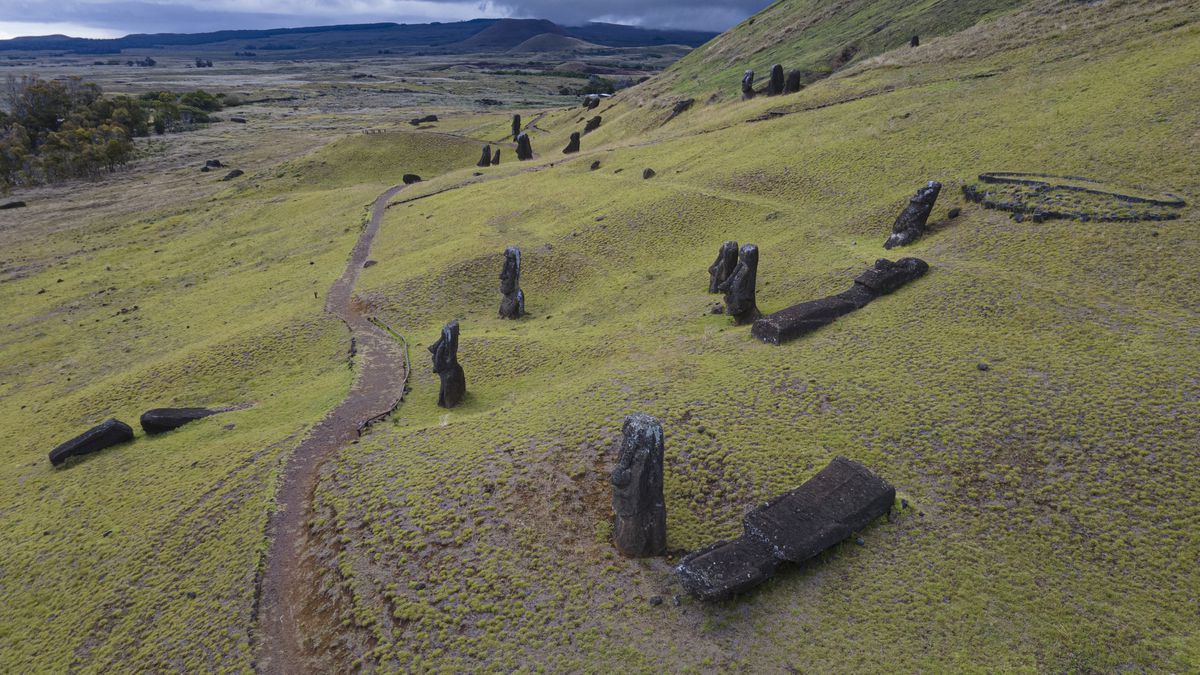Magali Revollar Quispe was seven years old when she learned to speak Quechua.
She was taught by her grandmother, although she remembers that her mother tongue had always been present in her life, through music.
“My parents did not teach me Quechua to protect me from discrimination, it was an act of love, they did not want anyone to humiliate me for being indigenous or to reject me because of my accent,” she recalls.
Now, this singer-songwriter and actress who has lived in Spain for more than two decades, she sings, interprets and teaches the language of the Incas in the country that welcomes her.
In Peru, the possibilities of speaking their native language were limited to the cultural space.
“My mother sang in our language.
Our identity could be expressed through music.
But at school you could only communicate through Spanish, ”she laments.
In this country alone, the last population census, from 2017, identified about 3.8 million Quechua speakers.
Of the 560 indigenous languages identified in Latin America and the Caribbean, according to the United Nations count, Quechua is the native language that has spread the most in South America.
It is spoken by more than 10 million people in seven countries in the region: Argentina, Bolivia, Brazil, Colombia, Chile, Ecuador and Peru.
One in five indigenous peoples have lost their mother tongue in the last decades
That is why Revollar did not take long to realize that his passion, music, would serve as one of the points of connection of his Quechua indigenous identity with his environment.
At the age of 16, she had already formed a female musical group with three friends.
"I used to say that I was going to pastry classes so my parents wouldn't find out about me," she says with a nostalgic smile.
That was the beginning of his artistic life.
She learned to play about half a dozen wind instruments such as the quena or the zampoña —sicu, she specifies, in Quechua—, which is an Andean flute that, in the words of Revollar, represents the duality of the Andean world.
She also the quenilla, the pututu or sea shell;
and her favorite: the waqrapuku, an instrument made from bull horns that "represents miscegenation."
In Spain, she combines her life as a nursing assistant in a hospital in Madrid with concerts of Latin American and Andean music.
For two years, she also taught virtual introductory classes to Quechua in courses organized by the Peruvian consulate in Madrid.
Her students were Peruvians living in Spain who wanted to reconnect with her mother tongue or learn it from scratch.
Children and adults.
"For the little ones I wrote some stories in which, in addition to Quechua, they learned the values of the Inca culture, such as respect for animals and the link with nature," she details.
The current convulsive situation in Peru keeps this project on hold.
“The last workshop ended in December 2022, now we don't know if it will continue,
a scar from the past
The 49-year-old artist says that although she was able to learn Quechua from her grandmother, the rejection of this language is still a reality in the country.
Only in Ayacucho, her hometown, 31% of the population belongs to the Ashaninka and Quechua indigenous peoples, and yet the language of social exchange continues to be Spanish.
“Nobody wanted to speak Quechua because in the big cities you ran the risk of being mistreated.
If a Quechua-speaking person went to the health center or other institutions, many times they were not treated as they should be, the rejection was noticeable.
I remember that I was lining up to do the shopping and in front of me was an indigenous woman, in her traditional clothing.
For that reason alone, the clerk wanted to serve me before her.
It is very sad, ”she laments.
Our identity could be expressed through music.
But at school you could only communicate through Spanish
The World Bank warned in 2019 that "half the languages that exist today in the world will become extinct during this century."
In the case of Latin America and the Caribbean, he added, "one in five indigenous peoples has already lost their native language: in 44 of these peoples they now speak Spanish and in 55 they do so in Portuguese."
"The reasons have to do with their levels of poverty, social exclusion and the lack of legal and efficient recognition of indigenous rights," the document reads.
The conclusions of the latest Social Panorama of Latin America of the Economic Commission for Latin America and the Caribbean (ECLAC) coincide with this diagnosis, which shows that the indigenous population has twice the chance of living in poverty and four times more of living in extreme poverty than the non-indigenous population of the region.
“This is a scar from the past, which comes from colonization.
They have made us believe that we indigenous people are little, that our culture is worthless, that our language is only folklore.
But it is not like that”, argues Revollar.
And he emphasizes that the basis of this marginalization is in education.
“Since people believe that we are ignorant, they do not value our language, it is not taught;
even our own people prefer to learn English or French over Quechua.
Learning other languages is not bad, the problem is despising ours, ”he claims.
Although sometimes the outlook is bleak, Revollar acknowledges that there are more and more initiatives to promote intercultural education, from international and national organizations, as well as own initiatives.
“My fight is through art, because culture unites us.
I don't want to reach only my own people, but everyone, so that they realize that Quechua is a language that has a history, a culture and values.
I want them to know us so that they respect us, ”he ends.
You can follow PLANETA FUTURO on
,
and
, and subscribe
here
to our 'newsletter'
.

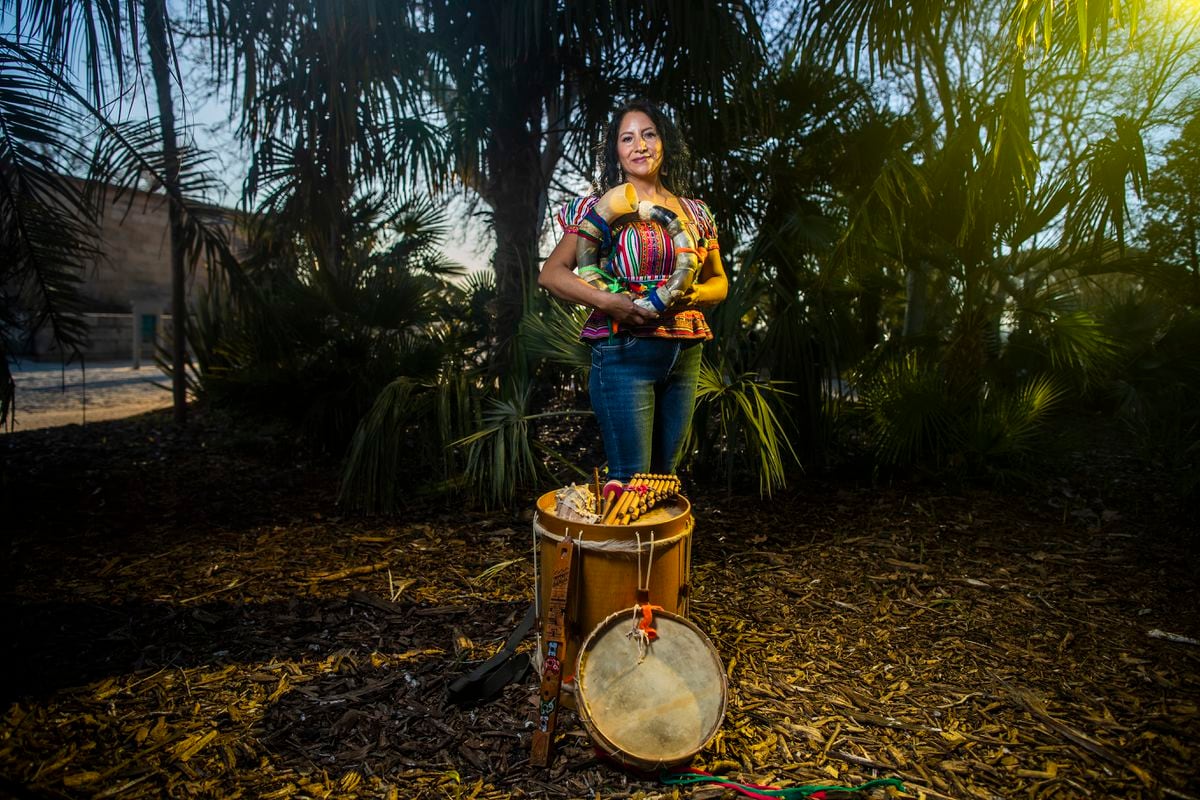
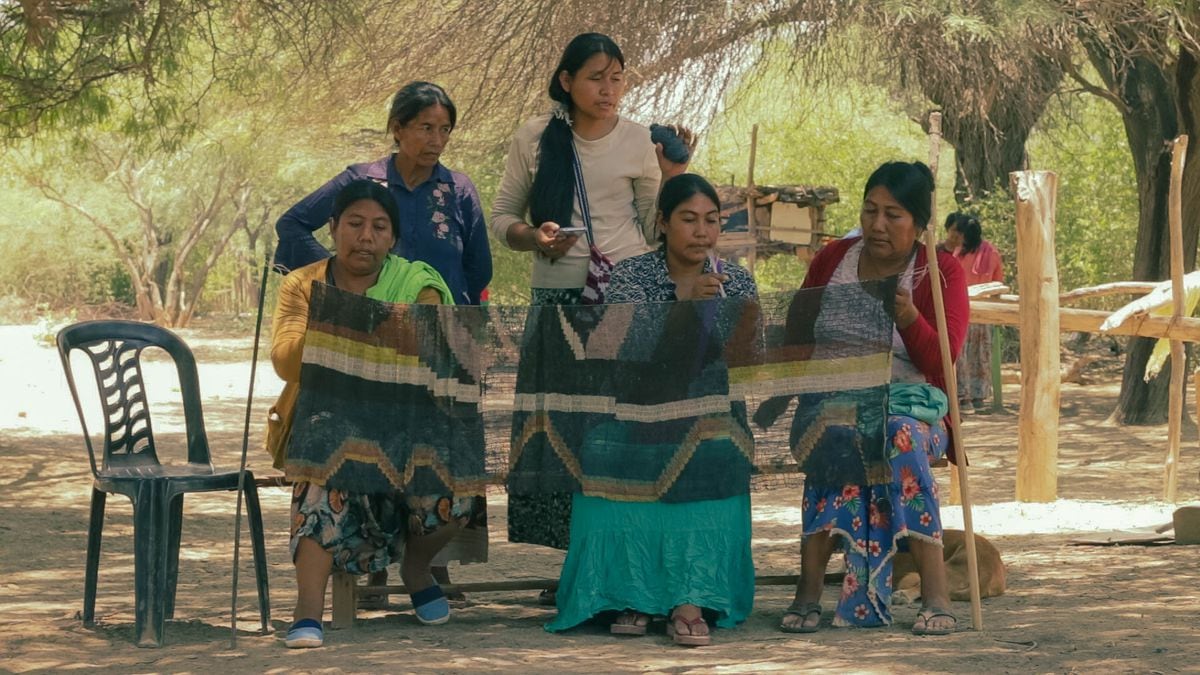
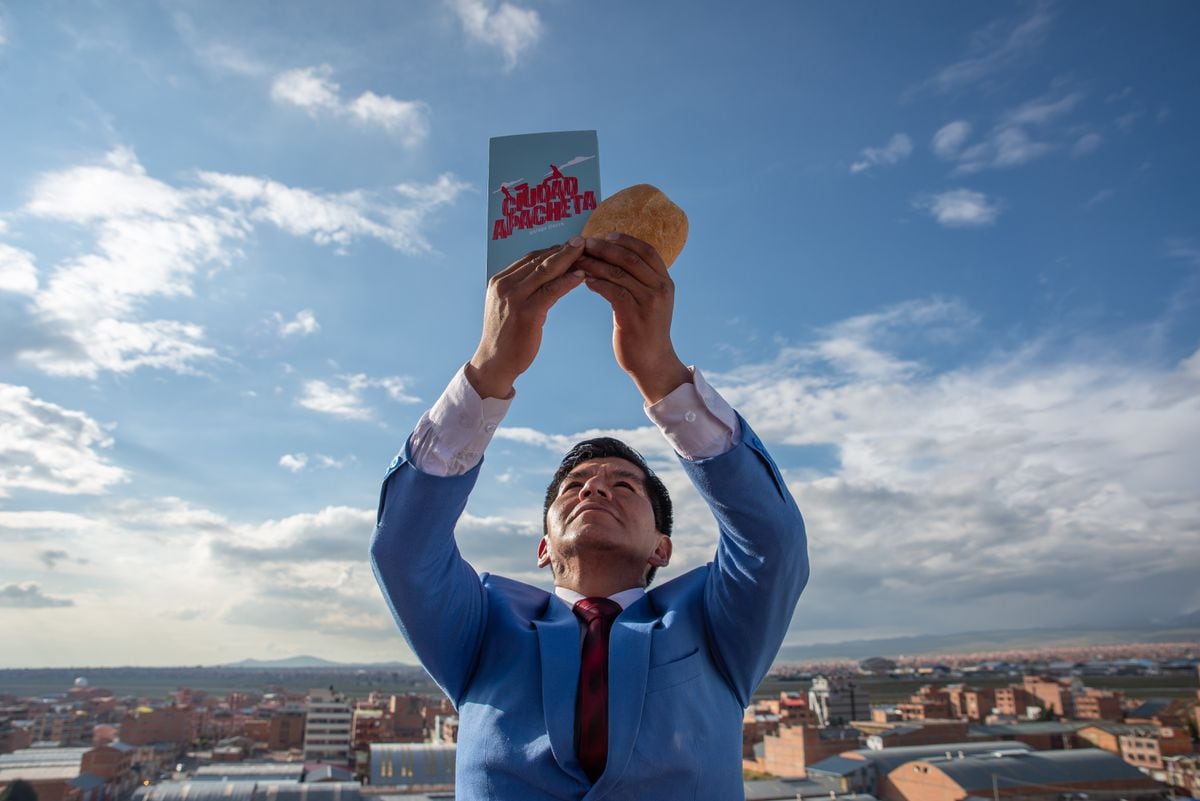
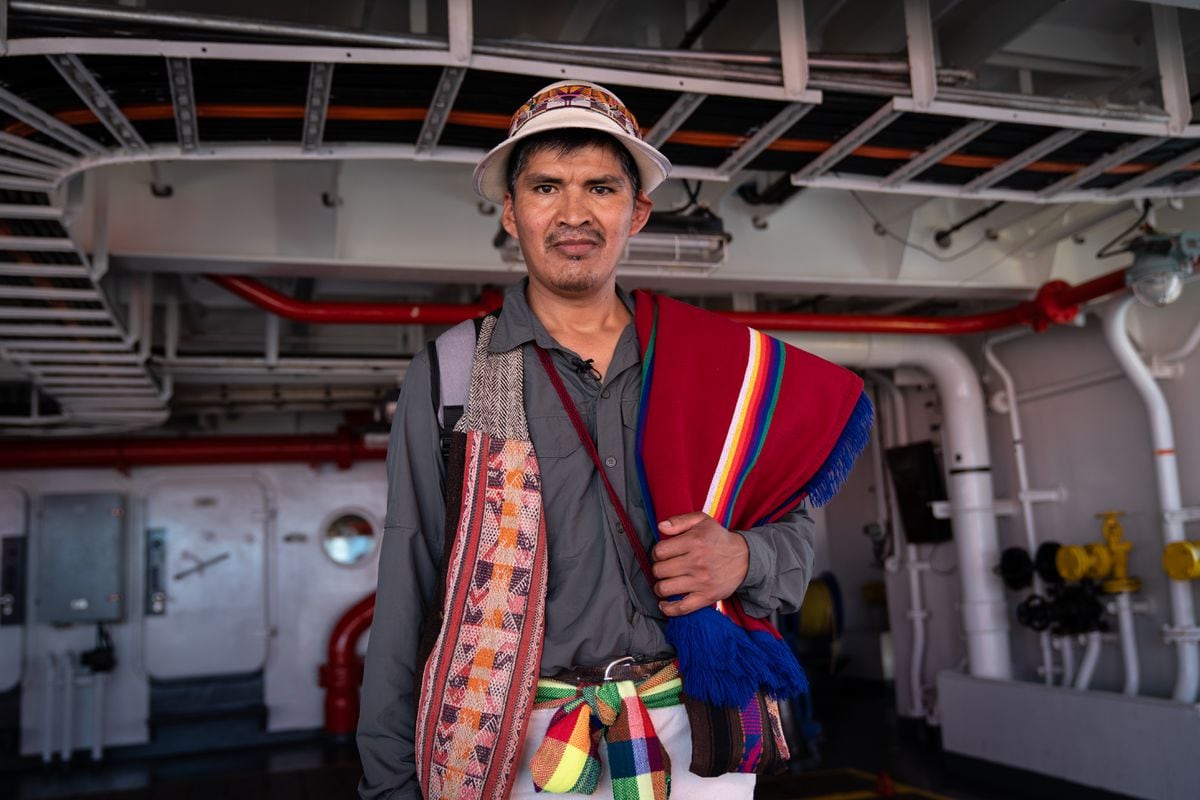

/cloudfront-eu-central-1.images.arcpublishing.com/prisa/BB42X2XT2TTKOOJOSBUIXZRQRE.jpg)

